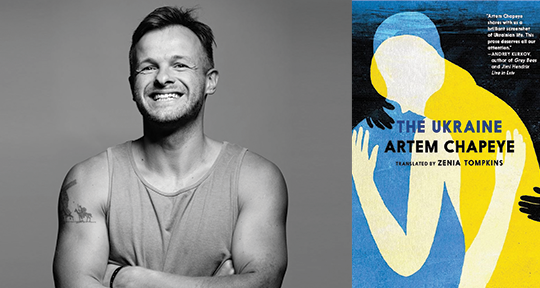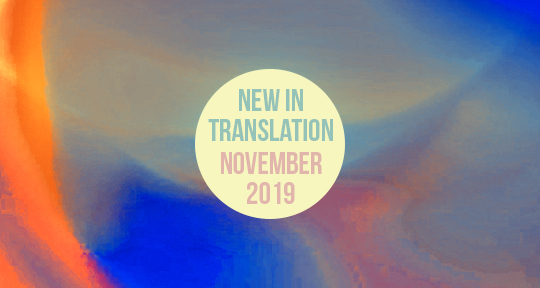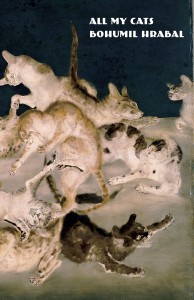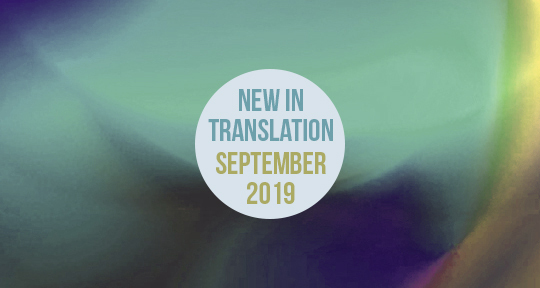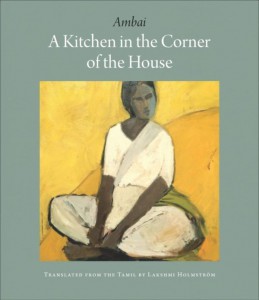The Ukraine by Artem Chapeye, translated from the Ukrainian, Russian, and Surzhyk by Zenia Tomkins, Seven Stories Press, 2024
‘This next part is my favorite part of traveling’, the narrator of the Artem Chapeye’s opening story ‘Pan Ivan and the Three Bears’ tells his friends as they are invited into a local man’s mountain home to shelter from the cold. Pan Ivan feeds them borsch and hot tea as he regales them with stories about bears—nearly all ending in death, but all endearing in their own way. Chapeye’s beautifully fairy tale-like opening invites us to explore his provocatively-articled short story collection The Ukraine, translated by Zenia Tomkins. Chapeye—a writer, photographer, and now soldier—wrote these stories between 2010 and 2018, blending fiction with autobiography. Snippets of rural and urban life shot through with perceptive encounters with a rich cast of characters, these stories form a love letter to Ukraine and its people.
While some stories are told from other characters’ points of view, the narrator of the majority appears to be Chapeye himself as he travels around Ukraine on a beaten-up motorbike, sometimes accompanied by his wife Oksana. While Ukraine is doubtless the main character, Chapeye himself emerges as the most sympathetic and immediate of storytellers. His ability to see the good in everyone, and his gentle questioning of the people he meets is one of the most endearing aspects of his book. In ‘A Fancy Send-Off,’ Chapeye—who, in the present day, is a soldier fighting against Russia’s invasion—meets Baba Shura, whom he describes as ‘very Soviet’ because of her view that Russia and Ukraine should be ‘together forever’. Rather than argue with her, Chapeye allows her to voice her opinion, before permitting himself only the most agreeable of disagreements: ‘“They’ve supposedly separated already,” I reply, allowing myself to contradict her, which I only do very, very hesitantly.’ He leaves the subject there, instead describing the elderly lady with warmth: ‘Baba Shura never stops smiling, even when she’s talking about something sad, like that fancy send-off of hers. Periodically, she adjusts her scarf. She looks at me kindly. She’s waiting for the rain to pass. She’s worried that she’ll get drenched on her bicycle in the five kilometers she has to ride home.’

